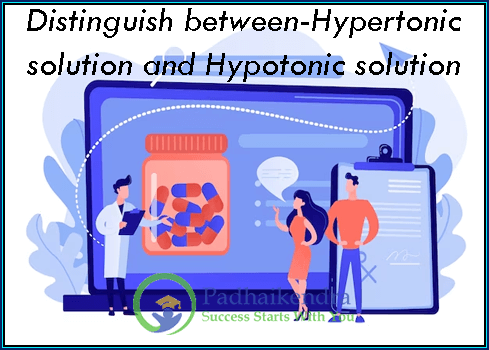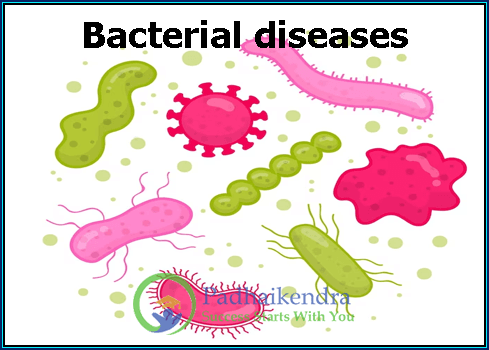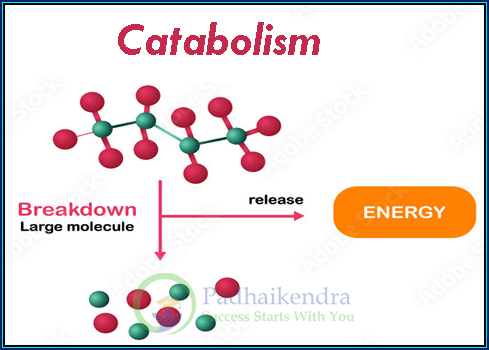Hypertonic solution and hypotonic solution are two types of solutions that can affect the behavior of cells in a biological system. The key differences between the two are:
- Concentration: A hypertonic solution is a solution that has a higher concentration of solutes than another solution, while a hypotonic solution is a solution that has a lower concentration of solutes than another solution.
- Water movement: In a hypertonic solution, water will move out of the cell, causing the cell to shrink or undergo plasmolysis. In a hypotonic solution, water will move into the cell, causing the cell to swell or undergo cytolysis.
- Effect on biological systems: A hypertonic solution can be harmful to cells and can cause dehydration or death, while a hypotonic solution can be beneficial for cells, as it can help them to maintain their structure and function properly.
- Example: An example of a hypertonic solution is concentrated saltwater, while an example of a hypotonic solution is distilled water.





